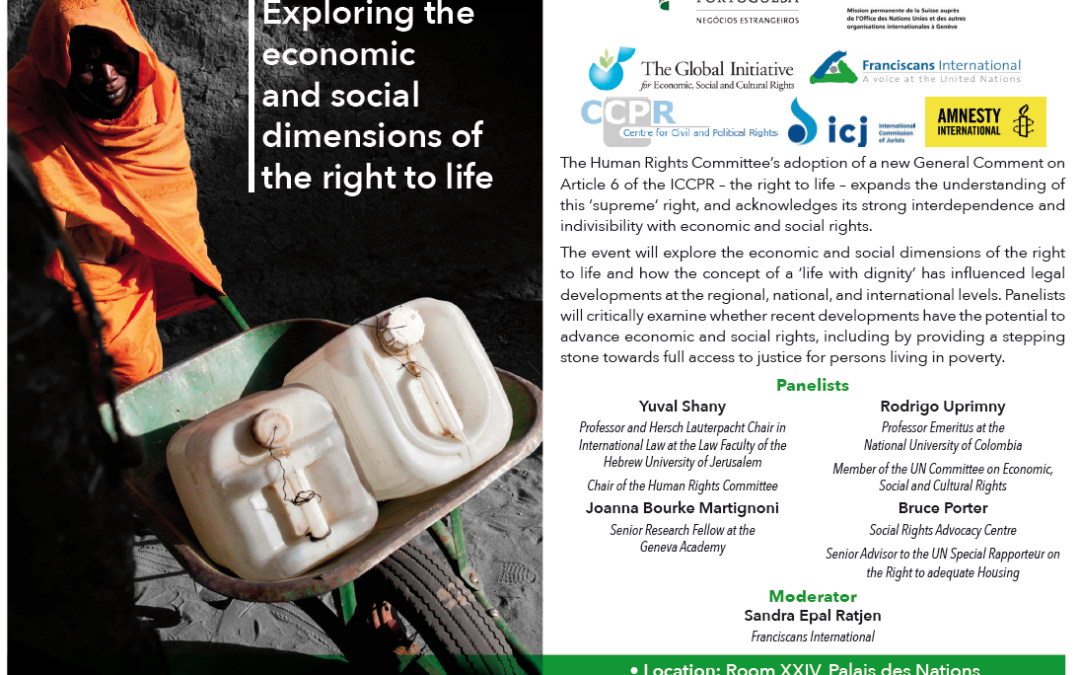
Mar 4, 2019 | Events, News
This side event will take place on 6 March, from 13.30-15.00, in Room XXIV of the Palais des Nations in Geneva.
The Human Rights Committee’s adoption of a new General Comment on Article 6 of the ICCPR – the right to life – expands the understanding of this ‘supreme’ right, and acknowledges its strong interdependence and indivisibility with economic and social rights.
The event will explore the economic and social dimensions of the right to life and how the concept of a ‘life with dignity’ has influenced legal developments at the regional, national, and international levels. Panelists will critically examine whether recent developments have the potential to advance economic and social rights, including by providing a stepping stone towards full access to justice for persons living in poverty.
Speakers:
Yuval Shany, Professor and Hersch Lauterpacht Chair in International Law at the Law Faculty of the Hebrew University of Jerusalem, Chair of the Human Rights Committee and Rapporteur for General Comment 36.
Rodrigo Uprimny, Professor Emeritus at the Professor Emeritus at the National University of Colombia, Member of the Committee on Economic, Social and Cultural Rights, ICJ Commissioner.
Bruce Porter, Executive Director, Social Rights Advocacy Centre, Chief Advisor to the UN Special Rapporteur on the right to adequate housing.
Joanna Bourke-Martignoni, Senior Research Fellow, Geneva Academy of International Humanitarian Law and Human Rights.
Moderator:
Sandra Epal Ratjen, International Advocacy Director and Deputy Executive Director, Franciscans International.
Universal-R2Life and ES rights-News-events-2019-ENG (Concept note in PDF)
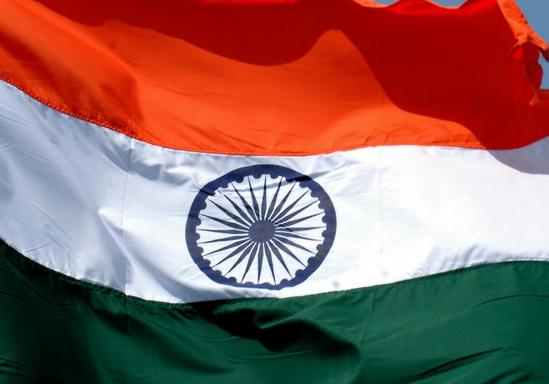
Feb 28, 2019 | Advocacy, News
The ICJ made a submission to Mr. Léo Heller, the United Nations Special Rapporteur (Special Rapporteur) on the human rights to water and sanitation, in response to a call for submission in advance of the Special Rapporteur’s 2019 Human Rights Council Report on the human rights to water and sanitation in spheres of life beyond the households, in particular in public spaces.
The ICJ’s submission focuses on the status and the impact of inadequate access to water and sanitation on lesbian, gay, bisexual, transgender and queer individuals (LGBTQ), and more specifically on transgender persons and non-binary persons, in India.
ICJ’s submission draws on its ongoing work on the human rights of LGBTQ persons in India, where from 2017 to date, the ICJ has studied LGBTQ persons’ access to and enjoyment of economic, social, and cultural rights, focusing on access to adequate housing, decent work, and public spaces and services including water and sanitation. The goal is to reveal, address, and reduce discriminatory treatment against LBGTQ persons in accessing economic, social and cultural rights as a result of discriminatory laws and practice through advocacy with the Indian State and with the United Nations.
Read the full submission here.
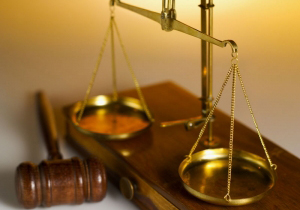
Dec 18, 2018 | Multimedia items, News, Video clips
Lawyers from a diverse range of countries, including Egypt, Lebanon, Nepal, the Philippines, Tunisia and Uzbekistan have identified the many barriers that women typically face in accessing justice in their countries.
Common trends and practices identified included socio-economic marginalization, gender stereotypes and patriarchal attitudes.
The observations came during two training workshops held in Geneva in June and September to coincide with sessions of the UN Human Right Council and UN Committee on the Elimination of Discrimination against Women. The workshops were part of a project on enhancing women’s access to justice through UN human rights mechanisms, supported by the Permanent Mission of the Federal Republic of Germany to the UN in Geneva.
A lawyer from Uzbekistan noted that domestic violence flourishes in states where common attitudes hold that this is an internal matter to be resolved within families.
A particular concern raised in respect of Lebanon was discrimination linked to transference of nationality, where Lebanese women married to a foreigner cannot pass their nationality to their children but Lebanese men married to a foreigner can.
Meera Maharjan, lawyer from Nepal, noted the cultural, educational and economic barriers that impede women from being able to take on decision-making roles and the impact this has on the exercise of their rights.
Malaysian lawyer Yvonne Lim explained that the women who are often in need of access to justice tend to be from the lower rungs of the socio-economic strata and lack the resources, support and basic awareness about their human rights and the remedies that may be available to them.
During the September training session the ICJ organized a side event to the 39th session of the Human Rights Council on ‘applying a women-centred approach to access to justice’ to further explore these issues.
Secretary-General Saman Zia-Zarifi moderated the event and panelists included:
• ICJ Commissioner Justice Sanji Monageng, former Vice-President of the International Criminal Court
• Lisa Gormley, Research Officer for the Centre for Women, Peace and Security at the London School of Economics
• Meera Maharjan, Nepalese lawyer and legal officer for Resilience for Sustainable Women Empowerment (RISE)
You can watch a recording of the event, and interviews with two of the workshop participants below.
https://www.facebook.com/ridhglobal/videos/565112000574216/UzpfSTQ3MTQ2NzA4NjIyMTM3MzoyMjEyNTUzNjc1NDQ2MDMw/
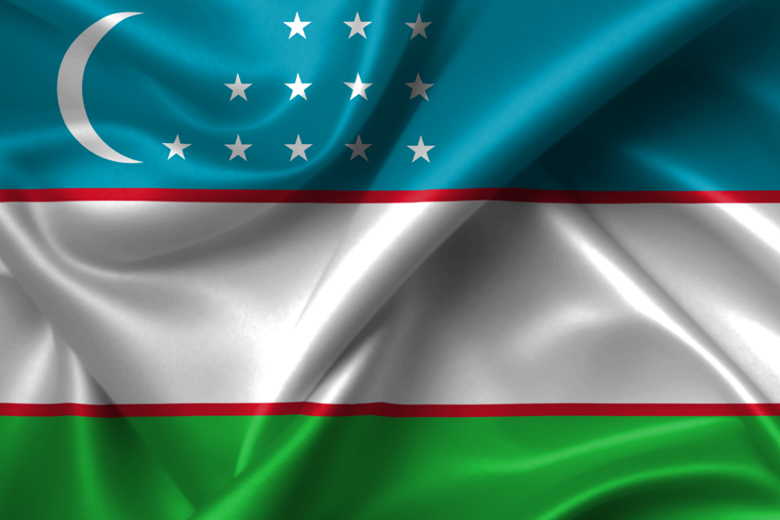
Dec 15, 2018 | News
From 10 to 14 December, the International Commission of Jurists (ICJ) conducted a research mission to Uzbekistan to identify some of the main obstacles impeding access to justice for economic, social and cultural (ESC) rights.
ICJ experts met with key stakeholders, including relevant State bodies, CSOs, independent experts and other actors to discuss legal and practical aspects of access to justice for ESC rights.
Adopting a legal aid system for cases related to ESC rights, public accessibility of court judgements including on ESC rights and its effect on enjoyment of ESC rights, relevant reforms which concern vulnerable groups were discussed among other things with the stakeholders.
The findings will be part of the report on access to justice for ESC rights in Uzbekistan.
The mission included Jarna Petma, ICJ Commissioner as well as a number of staff members of the ICJ Europe and Central Asia Programme.
The ICJ appreciates the facilitation of the Government of Uzbekistan and of the European Union Delegation, for essential support in organisation of the mission.
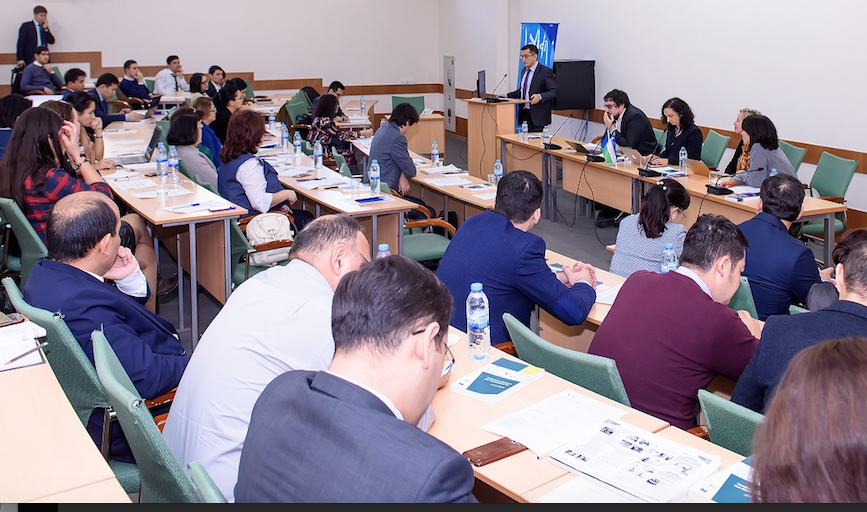
Dec 15, 2018 | Events, News
On 14 December, the International Commission of Jurists (ICJ) and the Tashkent State University of Law (TSUL) organised expert discussions on economic, social and cultural rights (ESC) to advance civil society in promoting ESC rights and standards in Uzbekistan.
Leading national experts as well as ICJ representatives, including an ICJ Commissioner, Jarna Petman, discussed the use of non-discrimination principle in court decisions.
The expert discussion, including on issues such as adoption of new laws, regulations and policies that leave marginalized groups outside the protection of the law, took place during a research mission on access to justice for ESC rights in Uzbekistan.
The ICJ expert discussions aim to increase awareness about the implementation of international law and standards on ESC rights before national courts, to facilitate access to justice for ESC rights and effective use of international human rights law for ESC rights.
Every two months, they bring together lawyers, specialists, members of academia and law students via interactive discussions, research papers, peer review articles and policy papers.
The first expert discussion took place on 18 September 2018 at TSUL and was devoted to international standards on the right to work.









